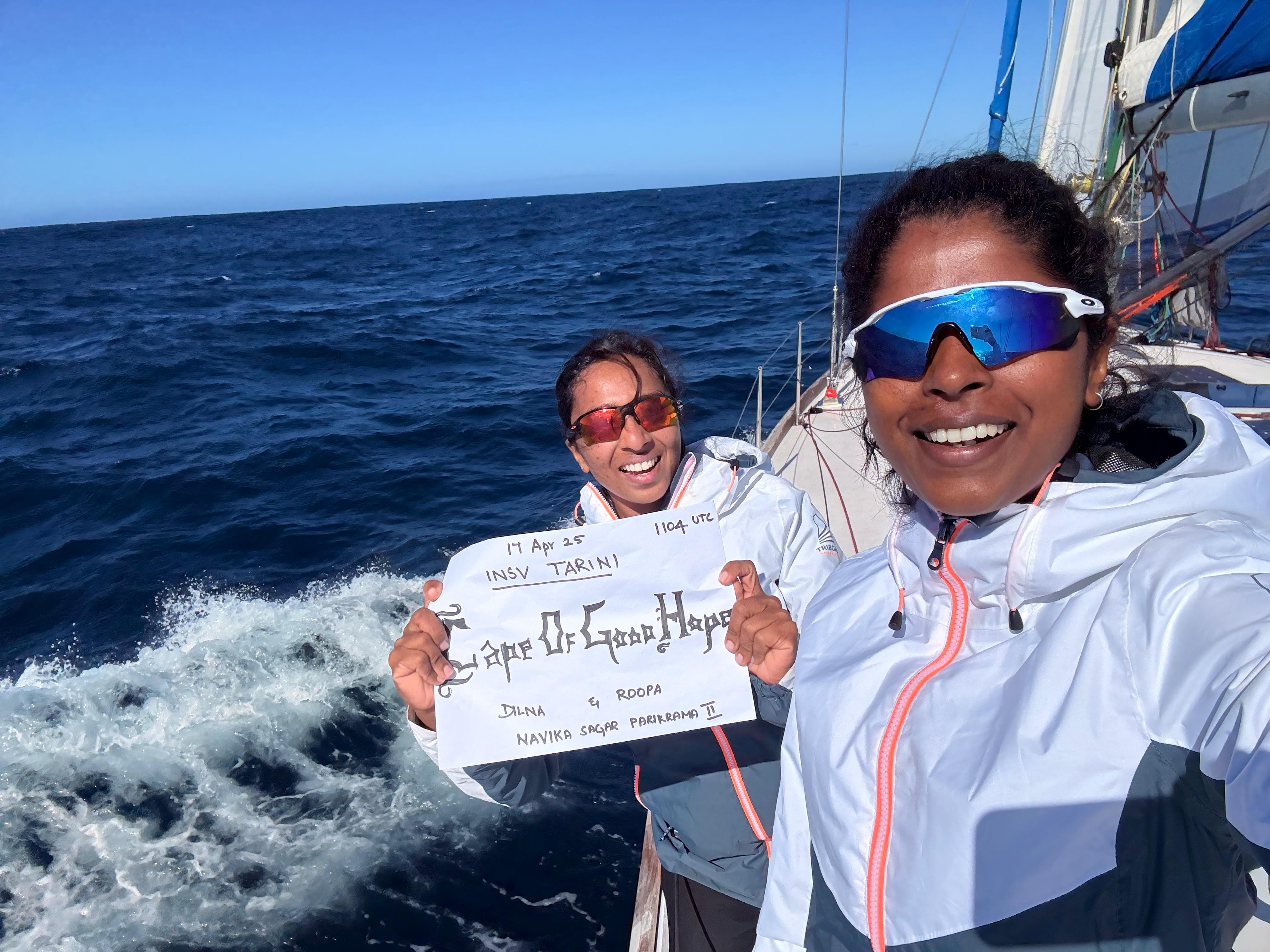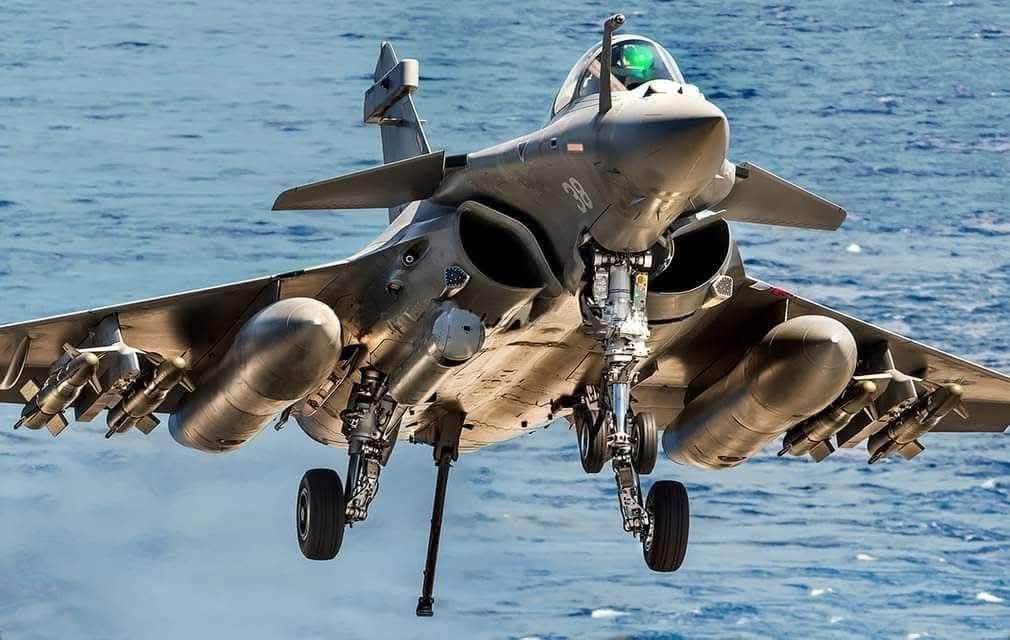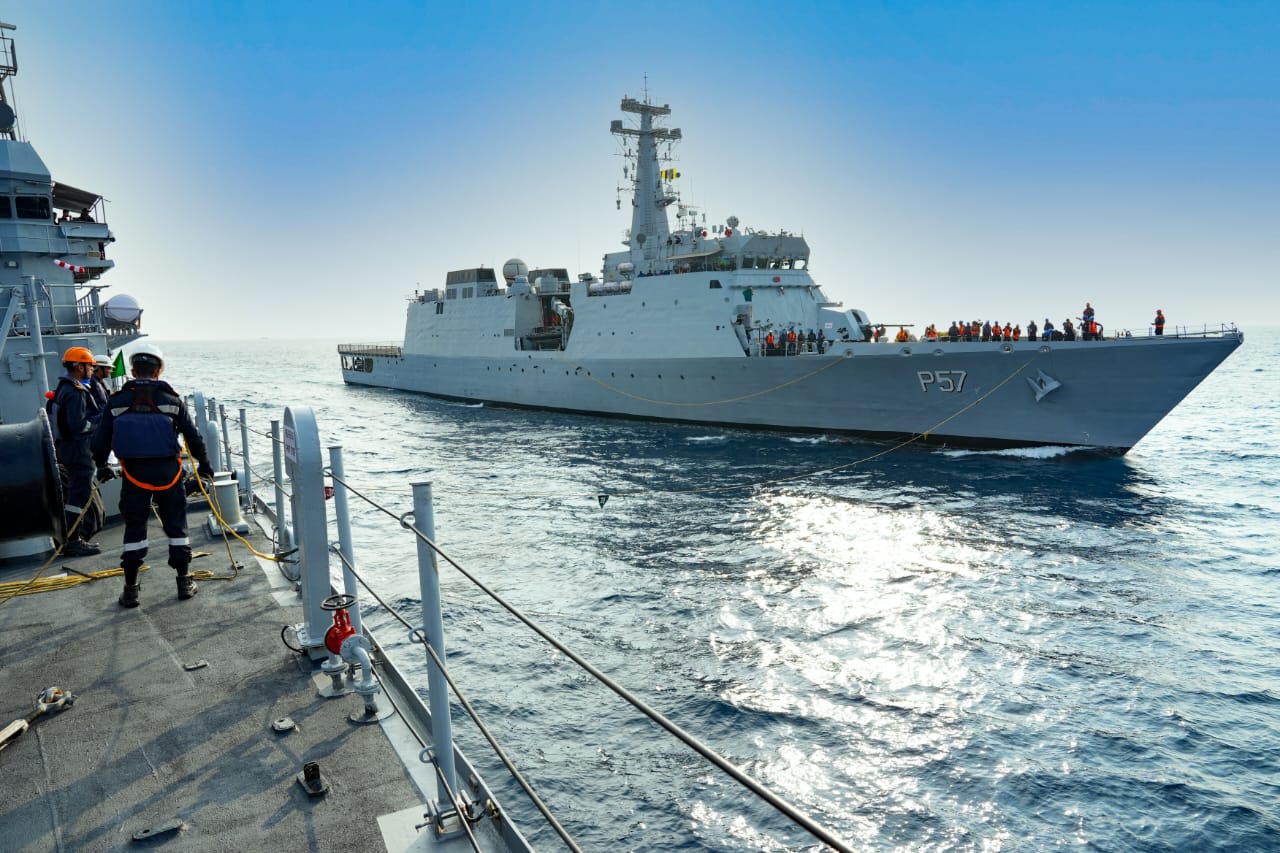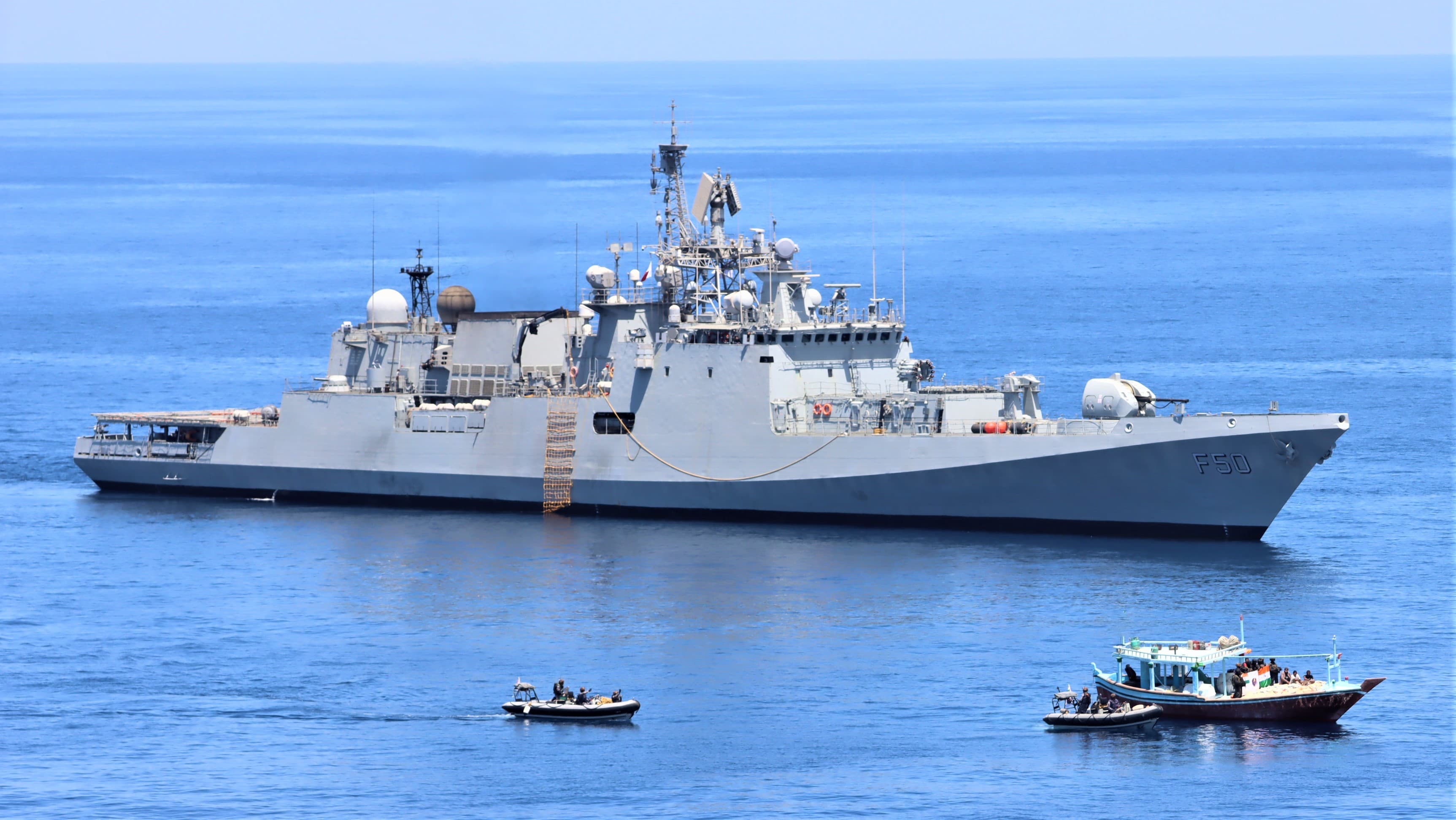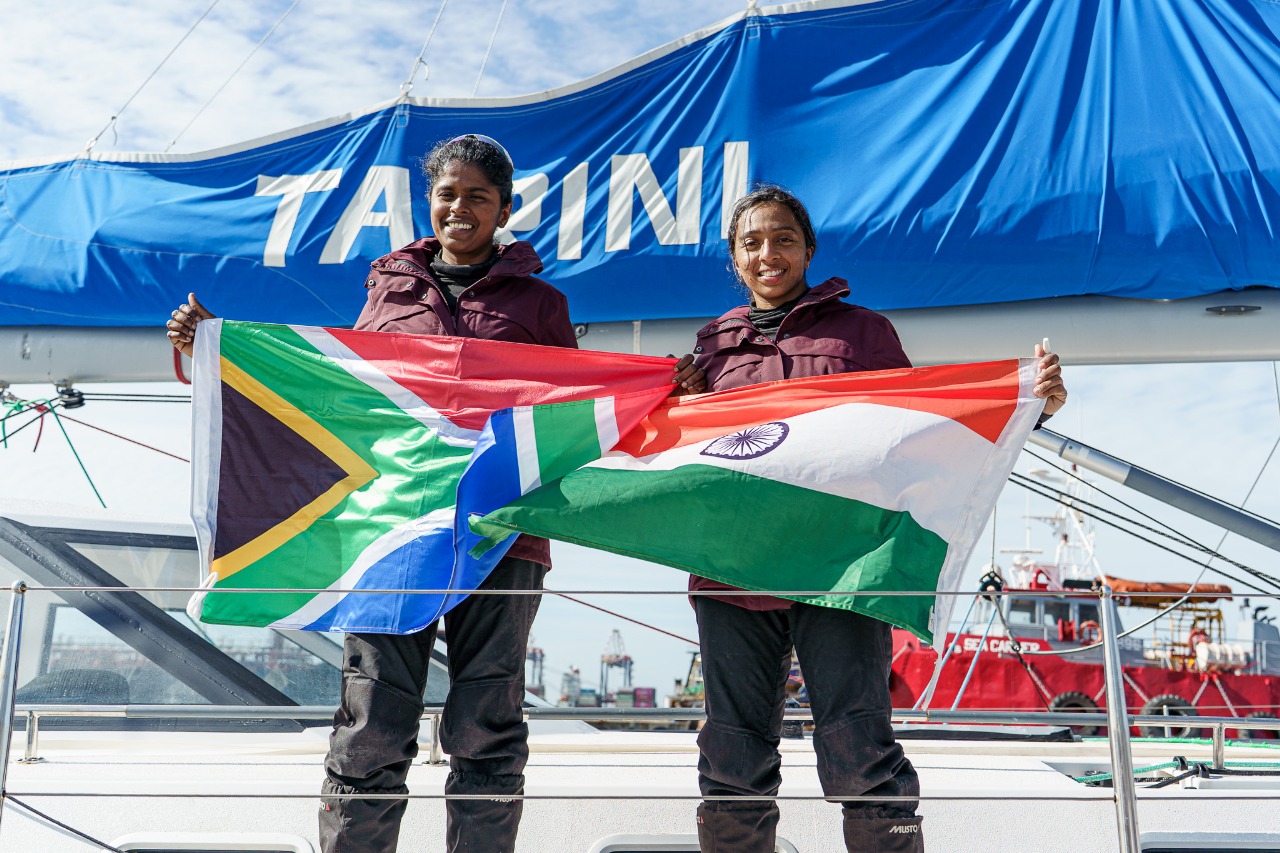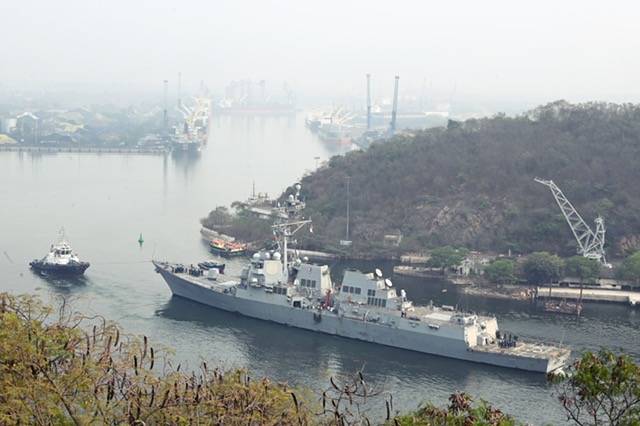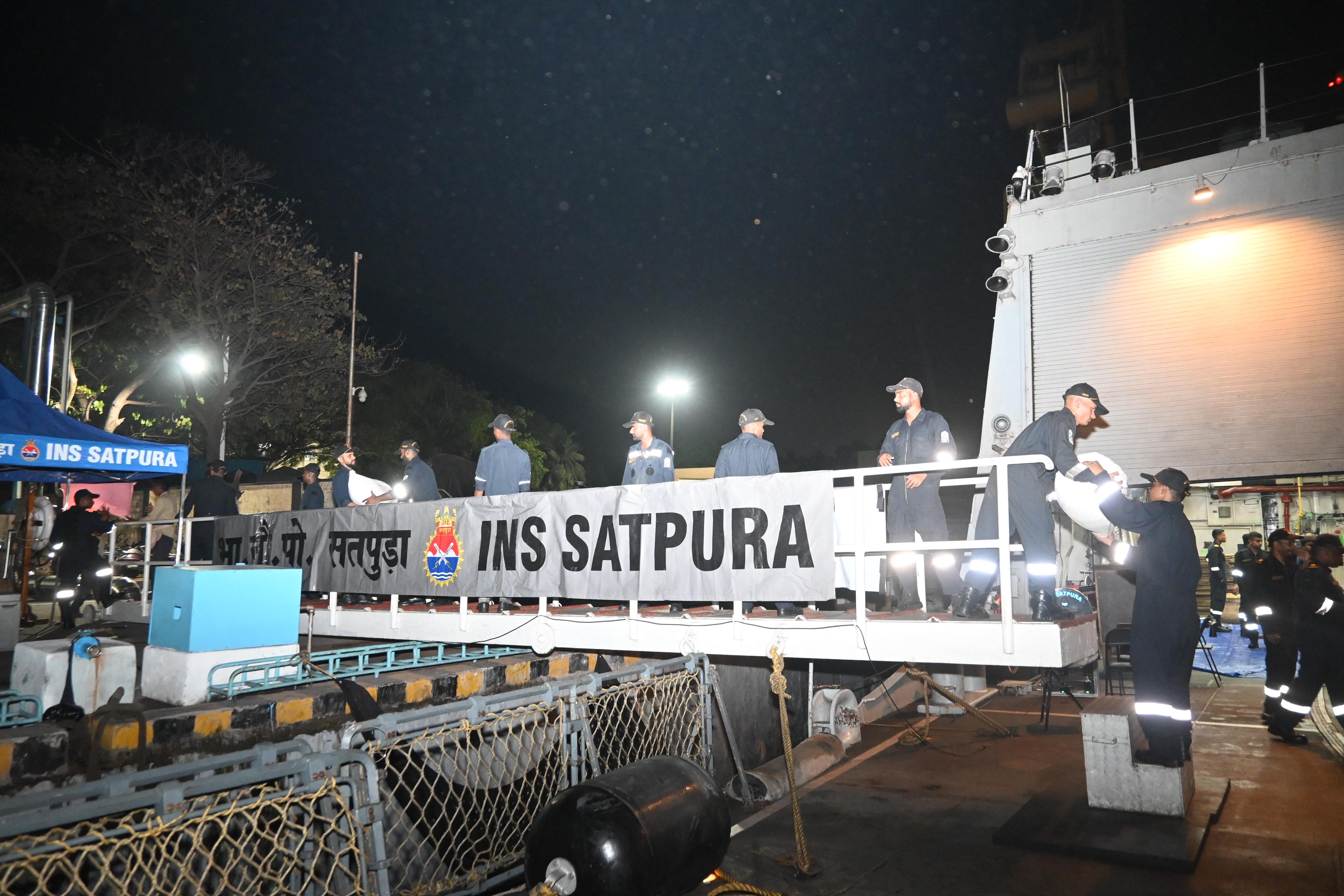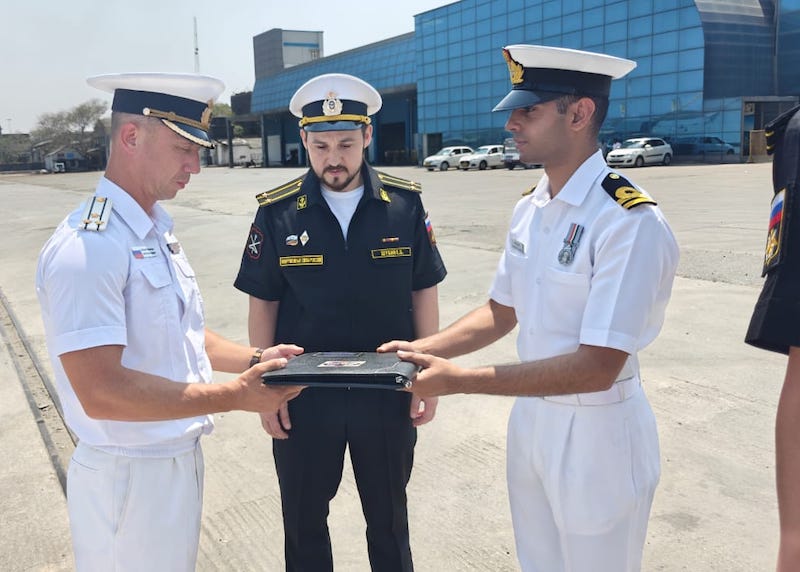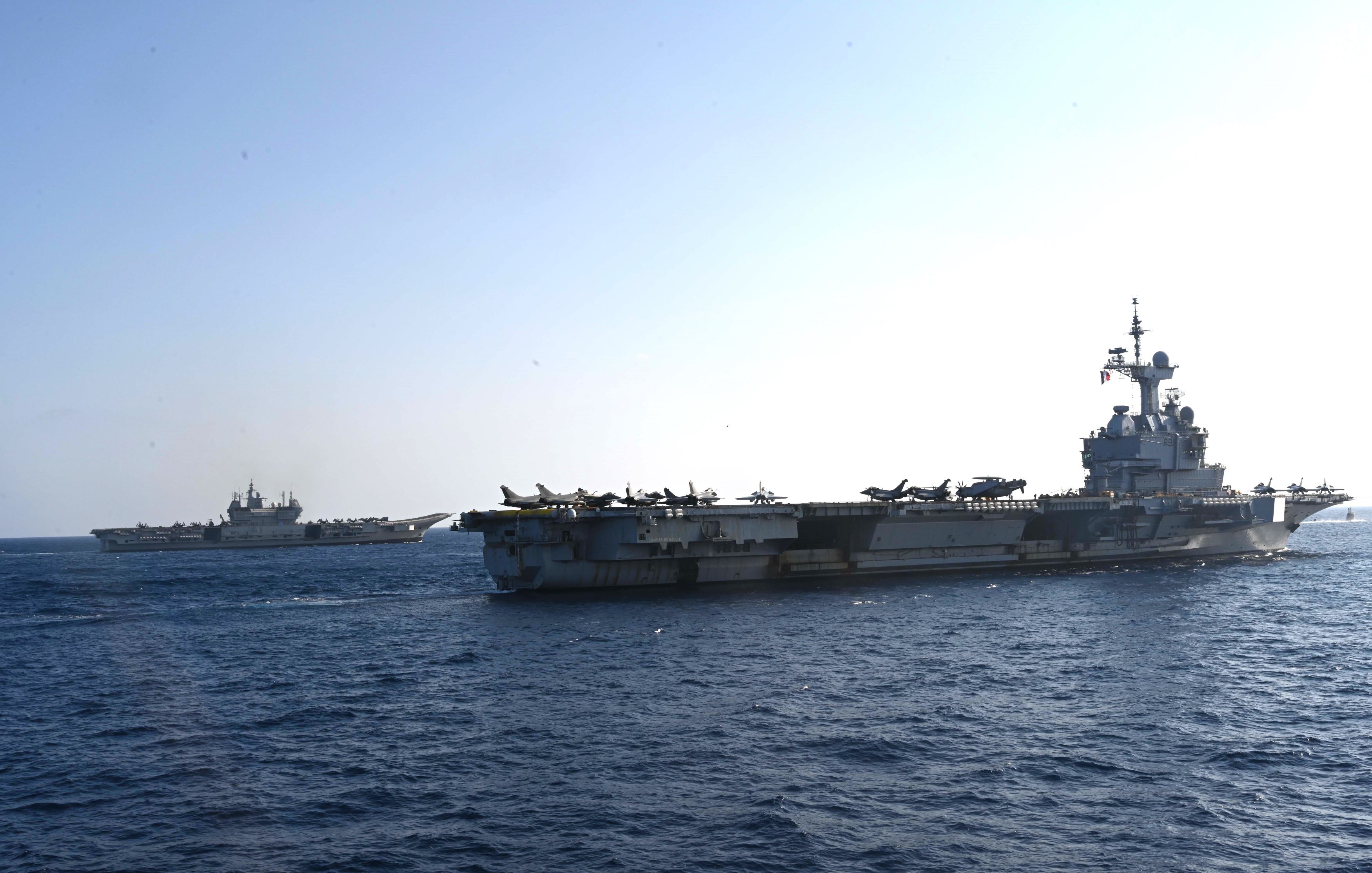 INS Kolkata during Malabar 2000 exercise. (Photo: Public domain/US Navy)
INS Kolkata during Malabar 2000 exercise. (Photo: Public domain/US Navy)
New Delhi: India has deployed two of its most advanced guided-missile destroyers – INS Kolkata and INS Kochi – off the Somali coast near the Gulf of Aden in northern Arabian Sea, Hindustan Times reported on Tuesday. This comes at a time when the Houthi rebels in Yemen have imposed a ban on all Israel-linked ships sailing in the Red Sea and Somali pirates hijacked a Malta-registered cargo ship named MV Ruen.
As India Sentinels had reported then, and Indian Navy’s destroyer and a patrol aircraft tailed the merchant ship, they couldn’t manage to thwart the pirates’ attempt to divert the ship to the Somali coast. Ambrey, a UK-based maritime security company, said the merchant ship had reached very close to Bander Murcanyo in Puntland, Somalia on Sunday.
It may be noted that Armed intervention was not possible because it would have endangered the lives of the crew on board. As it used to happen before, the ship and its crew are likely to be freed once ransom is paid to the pirates. However, Operation Atalanta, which was formally called the European Union Naval Force (EU NAVFOR) Somalia, said on Monday that the hijacking of the ship was still ongoing, and it was in “close collaboration” with local authorities in Somalia.
It is worth mentioning that the hijacking of MV Ruen was the first successful hijacking of a commercial ship by Somali pirates since 2017 after naval vessels from the EU countries, the US, India, China, etc, started patrolling the sensitive areas in the northern Arabian Sea, Gulf of Aden, and the western Indian Ocean.

India naval ships and patrol aircraft are always deployed for anti-piracy and maritime-security missions in the region, as are warships from other nations.
Meanwhile, the United States has announced the formation of a naval task force in the Red Sea along with the navies of 10 other countries. The US defence secretary, Lloyd Austin, announced “Operation Prosperity Guardian” to protect commercial ships from Houthi missiles and drones while transiting the Red Sea. Already, the Houthis have attacked several commercial ships operating in the Red Sea and Gulf of Aden that the Yemeni rebel group claims to be linked with Israel.
The Houthi rebel group, officially called “Ansar Allah” or “Supporters of God”, is the de facto government in Yemen. They are affiliated to the so-called Axis of Resistance, which includes the Palestinian group Hamas, Lebanon-based Shia group Hezbollah, and several other militia groups operating in Iraq, Syria, Lebanon, and Gaza. They are all believed to be backed by Iran.
Since Israel launched an all-out attack on Gaza after Hamas's October 7 raid on Israel, the Houthis joined the fight against Israel and threatened to attack ships linked in any way to Israel, including cargo incoming and outgoing Israeli cargo. So far, the Houthis managed to divert several ships to Yemen ports and strike several ships they claimed to have been linked to Israel.
The Red Sea connects to the Gulf of Aden via the Bab-el-Mandeb strait, a strategic choke point only 18 miles wide at its narrowest. This makes all sea traffic in the area vulnerable to potential Houthi attacks. All sea traffic passing through the sea and gulf are well within Houthi missile and drone range.
It may be mentioned that 12 per cent of the total global trade takes place via this critical route. Already, many global shipping companies have stopped accepting cargo to and from Israel. Some shipping companies have stopped taking this route and instead opting to take a longer route via the Cape of Good Hope in South Africa, thus increasing trading time and costs.

Apart from increasing shipping time and costs, the closure of the Red Sea route renders the strategic Suez Canal redundant. The canal connects the Mediterranean Sea to the Red Sea through the Isthmus of Suez and divides Africa and Asia (and by extension, the Sinai Peninsula from the rest of Egypt). Egypt earns billions of dollars from ships passing through the manmade canal.


